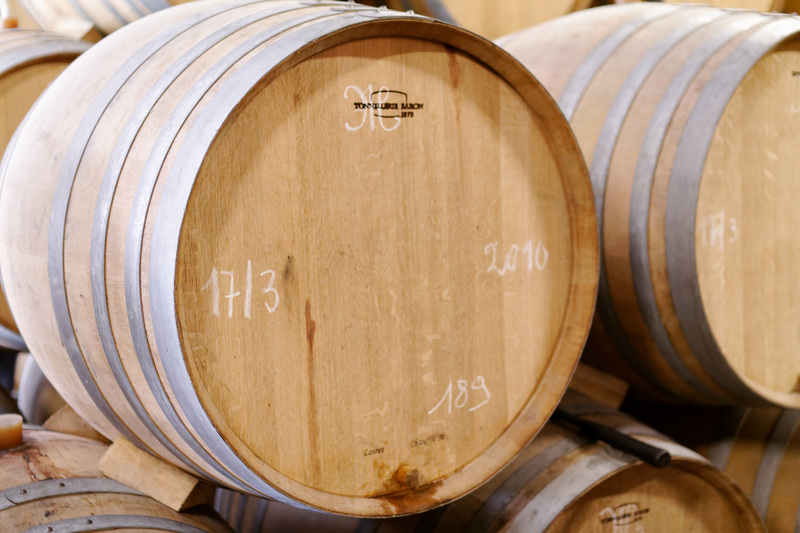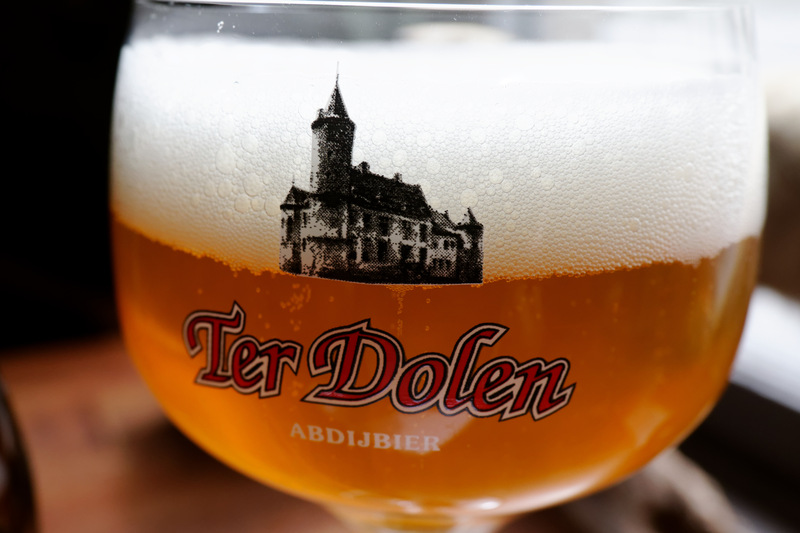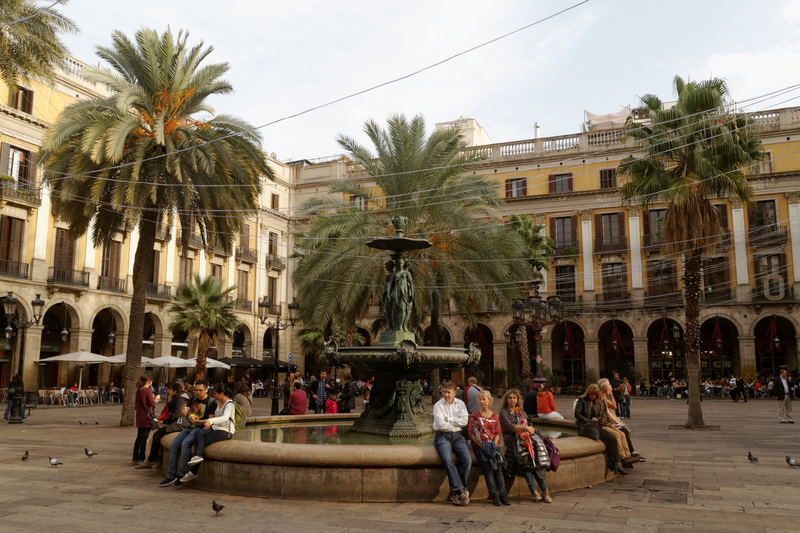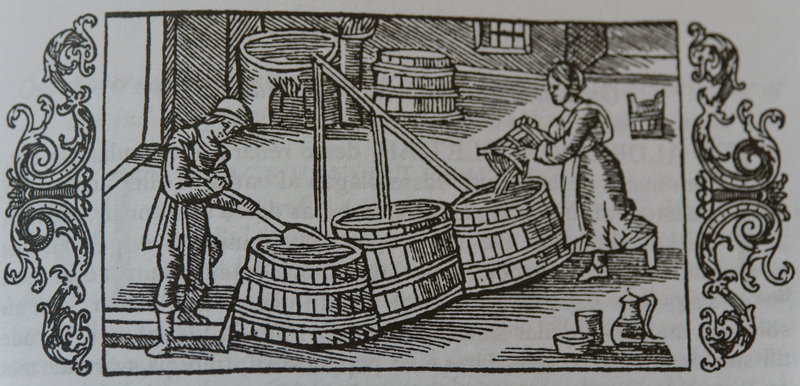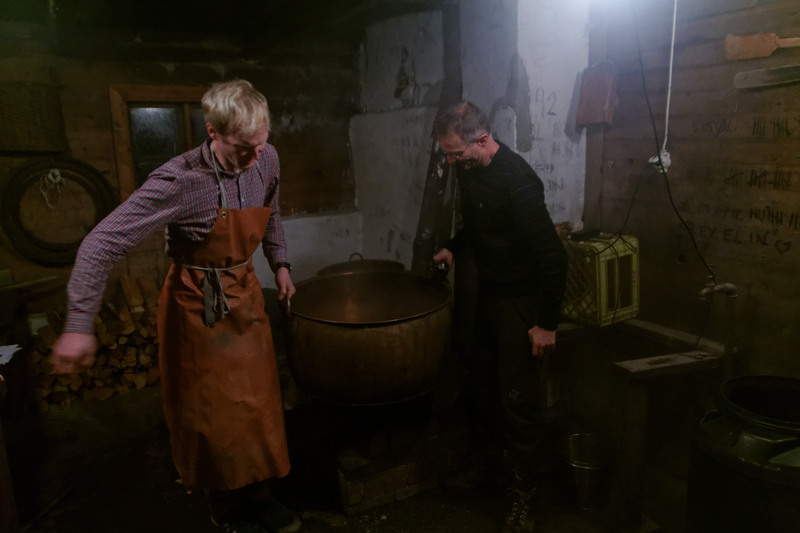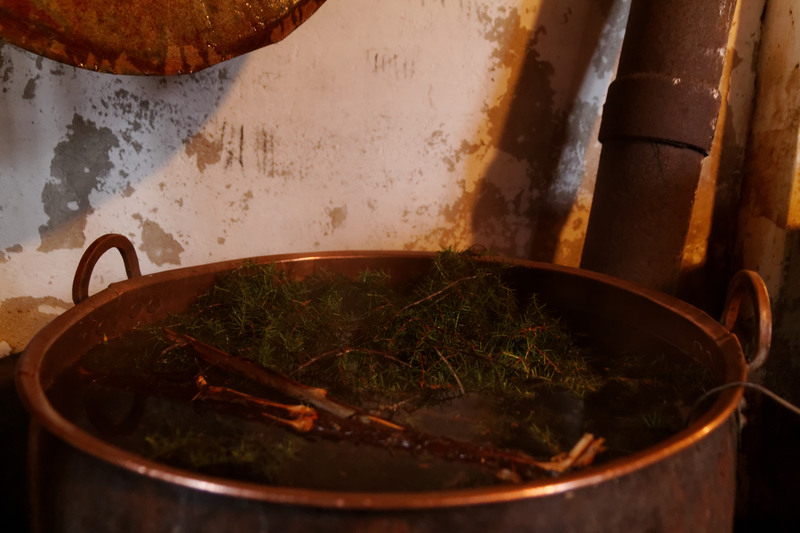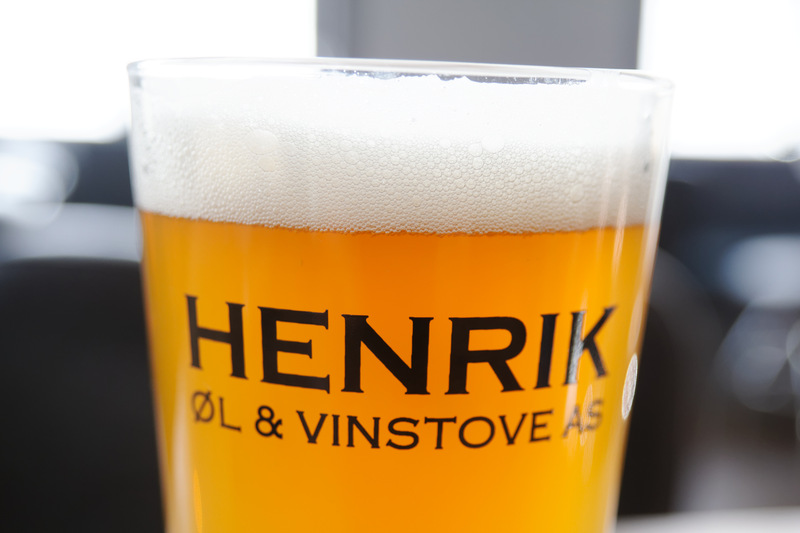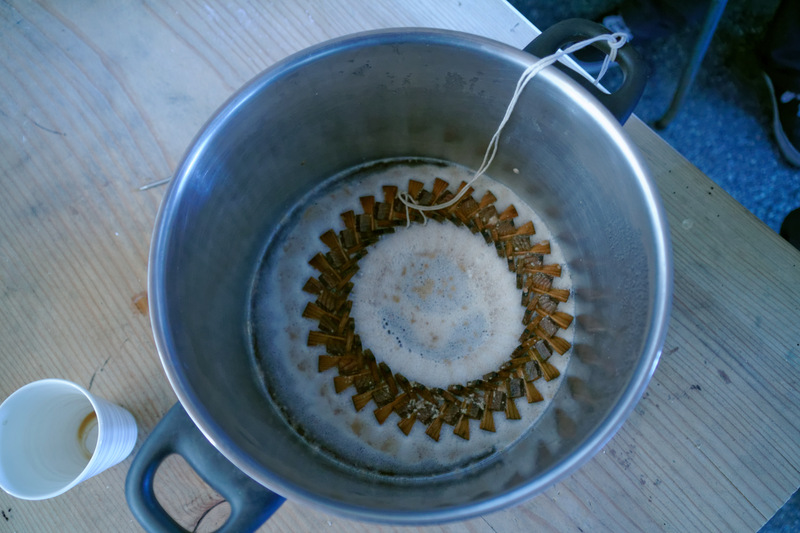The ever-lasting Christmas beer
In the early 17th century, walloon smiths were famous for their ironwork, and the Swedish kings therefore invited them to settle in Sweden. A substantial number did, but quickly found that they did not like the Swedish beer. Instead, they preferred the walloon type of beer, which from the description sounds similar to Flemish red or oud bruin. One style seems to have been "Maastrichts oud", which was lightly soured by cellaring in wooden barrels. ...
Read | 2014-12-21 11:51 | 6 comment(s)
Brewing stones
The year is 1851. Sociologist Eilert Sundt is walking across a
field in Hedmark, central Norway, when he notices a pile of stones.
They catch his eye because they look peculiar. They're small, about
the size of a fist, with obvious signs of burning, and they have been
chipped and cracked somehow. He asks a farmer working nearby what the
stones are.
"Brewing stones," says the farmer.
"Brewing stones?"
"Yes, boiling stones."
"Boiling stones?"
"Yes. They were used for boiling in the old days, when people didn't
have metal kettles."[1]
...
Read | 2014-12-09 21:04 | 18 comment(s)
Truly local beer requires a beer culture
I expressed concern that beers are becoming more similar all over the world, even though there people who are trying to develop genuinely local beers, by exploring local ingredients and practices. As Martyn Cornell argues, it's hard to develop this into something genuinely local in a world where any ingredient can be exported anywhere. And, I might add, where everyone is eagerly copying everyone else. ...
Read | 2014-12-02 20:58 | 6 comment(s)
The sameness of craft beer
I can remember when and where I became seriously interested in beer. I'd been mildly curious for a while, but it was in May 2002, in Barcelona, that it got serious. Geir Ove and I were there for an IT conference, and quickly noticed that a number of bars were selling interesting Belgian beer. This was my first meeting with real Belgian beer, and I remember being deeply impressed by an old-fashioned-looking beer called St. Bernardus 12. I suddenly realized there was a lot more to beer than I'd been aware of. ...
Read | 2014-11-25 18:11 | 17 comment(s)
A rough guide to Lithuanian beer
My first trip to Lithuania, way back in 2010, was a deeply odd experience. I found more than just a good bar, or an interesting brewery, or some new, exciting beer. I found a whole beer culture, complete with its own frames of reference and styles of beer, effectively developed independently of the rest of the world. The beer was great, the bars were interesting, there were lots and lots of beers and breweries. ...
Read | 2014-11-09 13:17 | 5 comment(s)
Was all beer sour before Pasteur?
It's often said that before Pasteur's work on yeast (and Emil Christian Hansen's introduction of the pure-yeast system) all beer was sour. Various lines of reasoning lie behind this claim. One is that all beer was spontaneously fermented back then, because nobody knew what yeast was. Another is that because brewers had no microbiological control over their yeast, they were effectively using wild yeast, and thus they would necessarily get sour beer. Many people claim there must necessarily be other organisms than pure brewer's yeast in these yeast cultures, and that these would turn the beer sour. ...
Read | 2014-10-26 18:01 | 14 comment(s)
Farmhouse ales of Europe
Having surveyed the state of farmhouse brewing in Norway it's time to look at the same thing in Europe generally. The last time I did that was four years ago, but I've learned so much in the meantime that the picture looks completely different this time around. The most surprising thing about it is how much of the farmhouse tradition that is actually left, and how incredibly little known it is. ...
Read | 2014-10-18 16:46 | 10 comment(s)
Maltøl, or Norwegian farmhouse ale
This seems like a good time to summarize what I've learned about Norwegian farmhouse ale during and after the May trip. There is still a lot of material to go through, and much more to learn, so this summary is still somewhat provisional, but much better and more firmly grounded than the previous one. ...
Read | 2014-10-11 13:20 | 8 comment(s)
Beer judging considered harmful
I don't mean that all beer judging is harmful all the time, but it's definitely the case that an education in beer judging can lead people astray. Michael Jackson once explained how scientifically trained brewers used to attack him for the way he described beers. They would come up to him saying he knew nothing about tasting beer, and that the proper terms for describing flavour were words like sulphury, rancid, solvent like, etc. What did he mean by using terms like spicy, floral, seductive? Did he have no education in tasting? To which Jackson's fantastic reply was "I understand. I will try to do better next time. Do you want me to describe your beer as sulphury, rancid or solvent like?" ...
Read | 2014-10-07 17:45 | 7 comment(s)
Kveik analysis report
One of my goals for the Norwegian farmhouse ale trip was to see if kveik (family yeast) still existed in Norway, and to get samples if possible. To that end I bought six little plastic bottles to keep the samples in before leaving. At our very first stop, Sigmund was kind enough to let me take two samples. I took two because I wanted to send one to the National Collection of Yeast Cultures in Norwich, UK for analysis, and the other I wanted for myself. A side benefit of sending it to NCYC is that they keep the yeast in their collection, where it's preserved for posterity by being frozen. ...
Read | 2014-09-26 08:11 | 10 comment(s)
